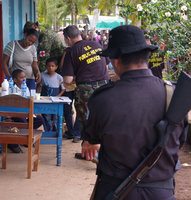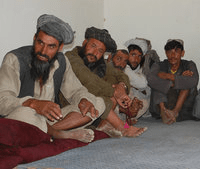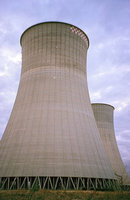
With the United States currently fighting two wars abroad and facing a health care crisis and an economy on life-support at home, Pentagon officials are hoping to meet a looming threat to America’s future global dominance — not to mention national security — by boosting capacity in elementary school classrooms across the nation. In January, the Pentagon approved a proposal by their risk-taking research agency, DARPA, to invest $45 million into efforts to increase enrollment in computing, science, technology, engineering and mathematics programs (CS-STEM). To do so, DARPA wants to develop extracurricular initiatives to target and engage elementary aged kids, […]





